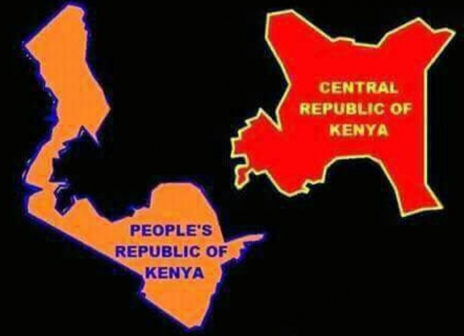×
The Standard e-Paper
Fearless, Trusted News

This secession talk is nothing but a smokescreen. It is not a main objective—but a means to an end. I say this for many reasons, but I will only give three.
Reason number one; the timing. The trigger for this secession conversation is the loss of a presidential election. Pure and simple. It is not about historical injustices or oppression. When Raila was in government, these injustices did not exist. But now that he is seemingly out in the cold, there is an urgent need to break the country up into ‘two Kenyas’.